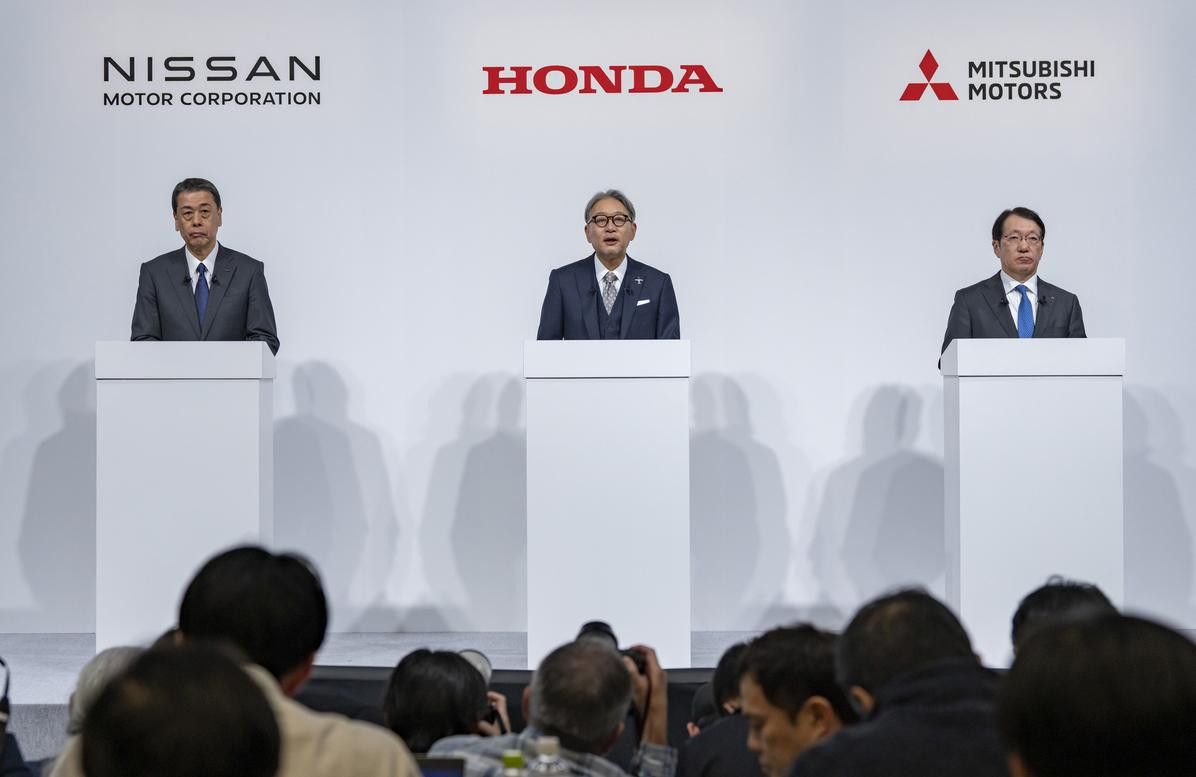Honda and Nissan announced formal discussions will be held over the next six months regarding a potential merger that would create a $50 billion company, positioning it as the world’s third-largest automaker by sales volume, behind only Toyota and VW Group. Mitsubishi, which is already in alliance with Nissan, will also evaluate its participation, with a decision expected by early 2025.
During a joint press conference held Dec. 22 in Tokyo, Honda and Nissan confirmed the signing of a Memorandum of Understanding (MoU) to initiate merger talks. The companies plan to finalize the details by mid-2025, with Honda set to nominate the majority of directors and the president for the potential new entity.
If approved, the merger would result in a single holding company listed on the Tokyo Stock Exchange by August 2026.
“This is a pivotal moment as we begin discussions on business integration that has the potential to shape our future,” said Nissan CEO Makoto Uchida. “By uniting the strengths of both companies, we can deliver unparalleled value to customers worldwide.”
The merger discussions follow a challenging period for Nissan, which recently reduced its workforce by 9,000 and cut 20% of its production capacity. News of the talks, however, has sparked investor optimism, with Nissan’s share price climbing over 20% since the initial announcement.
If the merger proceeds, Honda, Nissan and Mitsubishi will retain their distinct brands but will share platforms and powertrains to streamline production and reduce costs. The combined annual production of around 8 million vehicles would elevate the merged entity to a competitive position alongside global automotive giants.
Honda CEO Toshihiro Mibe emphasized the strategic vision driving the discussions. “Honda and Nissan are two companies with distinctive strengths. While we are only beginning our review, this partnership aims to create new mobility value through a synthesis of our teams,” Mibe said.
Mitsubishi’s potential role remains under consideration. “This study will accelerate synergy maximization effects, bringing high value to collaborative businesses with Mitsubishi Motors,” said CEO Takao Kato.
The merger would mark a significant shift in the automotive industry, particularly in Japan, where competitors like Toyota have formed partnerships with Suzuki, Mazda and Subaru. By integrating their R&D efforts, supply chain networks and product architectures, the three companies aim to enhance their competitiveness amid rapid industry transformation.













